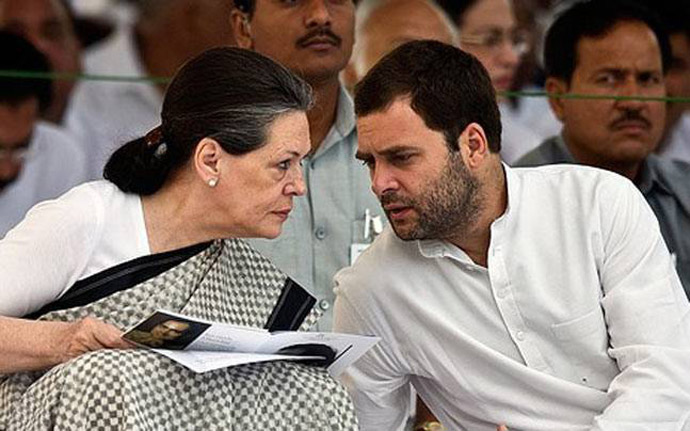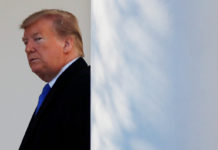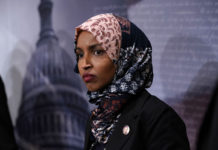Recently, activist Harsh Mander wrote a column –“Sonia, sadly” – to voice his disillusionment with what he saw as abdication of responsibility by Congress in protecting the rights of Muslims, who are getting increasingly marginalised in India’s political landscape.
Mander took exception to Sonia Gandhi’s speech at the India Today conclave, where she spoke about how the ruling BJP had successfully managed to “convince” people of the grand old party being a “Muslim party”. She also admitted to Rahul Gandhi’s temple hopping in the run-up to the Gujarat elections as being an attempt to shed that anti-Hindu image, after getting “pushed into a corner”.

Though I agreed with the perspective of Mander and the political imperatives of Sonia Gandhi and the Congress, it has to be noted that Mander’s fears are only getting more and more validated in the backdrop of the Rasana case; better known as the Kathua rape case. Though the incident came to light in January, it received national attention only this past week, when the lawyers of the Kathua bar tried to resist the filing of charge sheet by the Jammu and Kashmir Crime Branch on April 9.
It has been reported that the Magistrate had to be persuaded for six hours to get the case finally admitted on the next day. On Tuesday, the Bar association of Jammu called for a Jammu Bandh on April 11, to protest the filing of the charge sheet and demanding that the case be handed over to the CBI. What was truly shocking was that all the mainstream political parties in Jammu – including the Congress –lent their support to this bandh.
While the civil society expected secular and liberal politicians to speak out against this conscience-shaking act of horrific violence perpetrated on a little girl, Congress President Rahul Gandhi remained curiously silent and issued a tweet only in the evening of April 12 to condemn the incident. The tweet seemed to have come a bit too late, as his silence was already the subject of a Twitter debate the previous evening.
Some commentators assumed the silence was strategic owing to “vote-bank politics”, a euphemism for communal or appeasement politics. It was suspected that the ambivalent stance of the Jammu unit of the party had something to do with the leader’s silence.
Despite the tweet taking a long time coming, it seemed the late realisation of the blood-curdling nature of the case – reminiscent of the Nirbhaya case of 2012 in some ways – spurred the party into quick redressal, through a late-night announcement of a midnight candle light vigil at India Gate. A spontaneous gathering of people from all walks of life at that march gave further impetus to the cause, which has finally forced the central government to acknowledge it.
Though some people would tend to see Gandhi’s leading of a candle light vigil to highlight this issue as political, I would disagree….










